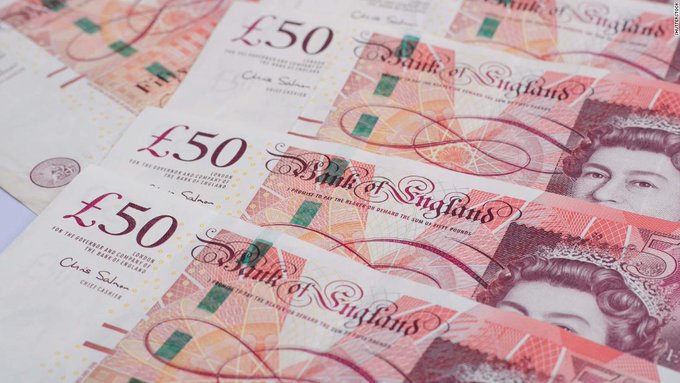A group of UK lawmakers said Friday that £ 50bn (over $ 67bn) in cash had “disappeared” and called on the Bank of England to investigate.
The money "is hidden somewhere, but the Bank of England does not know where, by whom or for what - and that seems very curious," said Meg Hillier, chair of the House of Commons' Public Accounts Committee (PAC), which oversees government finance, the message says.
The Bank of England said that recipients of cash should not be accountable to them for what they want the banknotes for, adding that all demand for cash is being met in full.
Despite the increased use of digital payments, the demand for cash in most advanced economies has increased since the onset of the global financial crisis.
“We are seeing an increasing use of cash as a store of value rather than for transactional purposes,” said Bank of England Chief Cashier Sarah John.
While demand for banknotes and coins fell sharply during the peak of the coronavirus quarantine this year, it has since recovered and people are stockpiling more cash at home as a result of the pandemic.
The Bank of England estimates that between 20% and 24% of the value of banknotes in circulation is used for cash transactions, with another 5% held by British households as savings.
"Little is known about the balance, which is approximately £ 50 billion, but possible explanations include accumulation abroad for transactions or savings and possibly the accumulation of undocumented domestic savings in the UK or for use in the shadow economy." says the report of the National Audit Office (NAO), which monitors government spending.
There are currently five government bodies responsible for the administration or oversight of the UK monetary system, including the Bank of England, the Treasury, the Royal Mint, Financial Conduct Authority and the Payment Systems Regulatory Authority.




